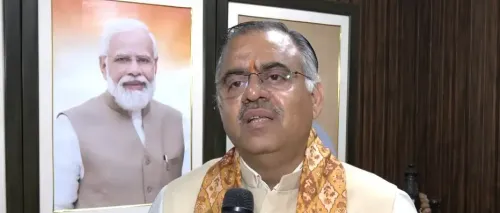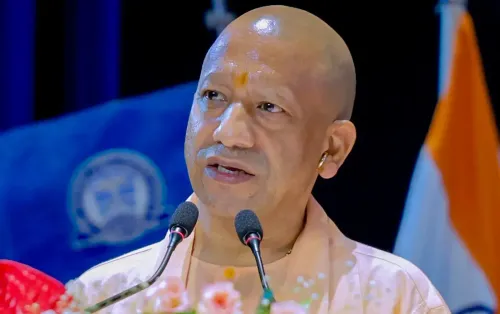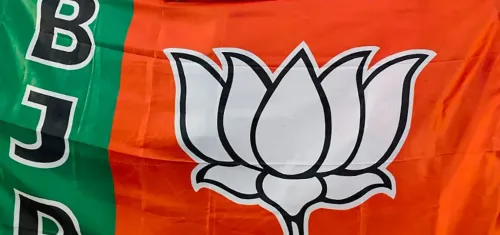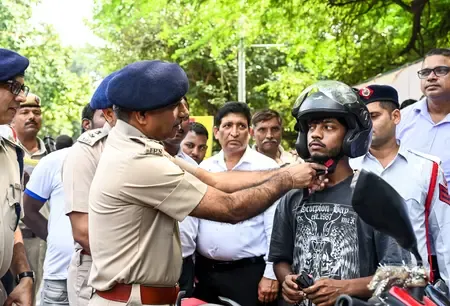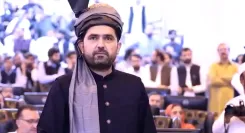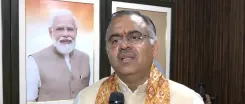Has the ECI Required Pre-Certification for All Political Ads Before Upcoming Polls?
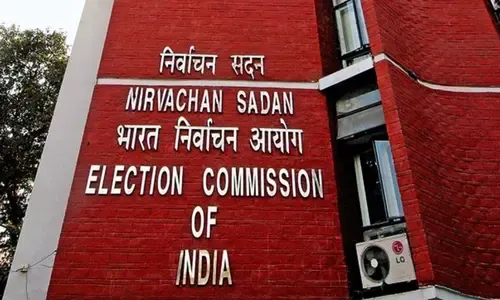
Synopsis
Key Takeaways
- ECI mandates pre-certification for political ads.
- Directive aims for transparency in elections.
- MCMCs will monitor paid news instances.
- Parties must report expenditures post-elections.
- Compliance is essential for maintaining electoral integrity.
New Delhi, Oct 14 (NationPress) The Election Commission of India (ECI) has mandated that all political parties and candidates seeking election must obtain pre-certification from the Media Certification and Monitoring Committee (MCMC) prior to the release of any political advertisements on electronic platforms, including social media.
This directive, issued on October 9, is aimed at promoting transparency and accountability in political campaigning, as highlighted in an official statement from the poll body on Tuesday.
The order follows the recent announcement of the General Election schedule for the Legislative Assembly of Bihar and the bye-elections across eight Assembly constituencies spanning six states and the Union Territory of Jammu and Kashmir.
The ECI has established MCMCs at both district and state levels to supervise the pre-certification process in accordance with the prescribed guidelines for political advertisements.
"No political advertisements shall be disseminated on any internet-based media or social media platforms by political parties or candidates without obtaining pre-certification from the relevant MCMC," the statement emphasized.
Moreover, the Commission pointed out that MCMCs will vigilantly monitor instances of suspected paid news in the media and will take appropriate measures as needed.
In light of the significant role of social media in electoral campaigns, candidates are also instructed to provide details of their official social media accounts at the time of nomination filing, as per ECI's guidelines.
The poll body reiterated that, in accordance with Section 77(1) of the Representation of the People Act, 1951, and directives from the Supreme Court of India, political parties are required to present a comprehensive statement of campaign expenditures incurred via the internet, including social media, within 75 days after the assembly elections conclude.
"This expenditure includes payments made to internet companies and platforms for advertisement placements as well as costs related to content creation and maintaining their social media accounts," the statement concluded.

